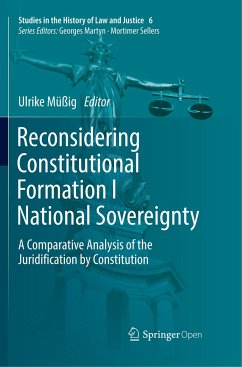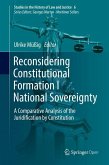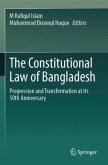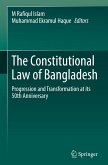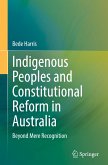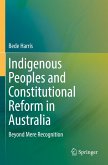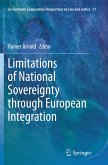This open access book can be downloaded from link.springer.com
Legal studies and consequently legal history focus on constitutional documents, believing in a nominalist autonomy of constitutional semantics. Reconsidering Constitutional Formation in the late 18th and 19th century, kept historic constitutions from being simply log-books for political experts through a functional approach to the interdependencies between constitution and public discourse. Sovereignty had to be 'believed' by the subjects and the political élites. Such a communicative orientation of constitutional processes became palpable in the 'religious' affinities of the constitutional preambles. They were held as 'creeds' of a new order, not only due to their occasional recourse to divine authority, but rather due to the claim for eternal validity contexts of constitutional guarantees.
The communication dependency of constitutions was of less concern in terms of the preamble than the constituents'big worries about government organisation. Their indecisiveness between monarchical and popular sovereignty was established through the discrediting of the Republic in the Jacobean reign of terror and the 'renaissance' of the monarchy in the military resistance against the French revolutionary and later Napoleonic campaigns. The constitutional formation as a legal act of constituting could therefore defend the monarchy from the threat of the people (Albertine Statute 1848), could be a legal decision of a national constituent assembly (Belgian Constitution 1831), could borrow from the old liberties (Polish May Constitution 1791) or try to remain in between by referring to the Nation as sovereign (French September Constitution 1791, Cádiz Constitution 1812).
Common to all contexts is the use of national sovereignty as a legal starting point. The consequent differentiation between constituent and constituted power manages to justify the self-commitmentof political power in legal terms. National sovereignty is the synonym for the juridification of sovereignty by means of the constitution. The novelty of the constitutions of the late 18th and 19th century is the normativity, the positivity of the constitutional law as one unified law, to be the measure for the legality of all other law. Therefore ReConFort will continue with the precedence of constitution. (www.reconfort.eu)
Legal studies and consequently legal history focus on constitutional documents, believing in a nominalist autonomy of constitutional semantics. Reconsidering Constitutional Formation in the late 18th and 19th century, kept historic constitutions from being simply log-books for political experts through a functional approach to the interdependencies between constitution and public discourse. Sovereignty had to be 'believed' by the subjects and the political élites. Such a communicative orientation of constitutional processes became palpable in the 'religious' affinities of the constitutional preambles. They were held as 'creeds' of a new order, not only due to their occasional recourse to divine authority, but rather due to the claim for eternal validity contexts of constitutional guarantees.
The communication dependency of constitutions was of less concern in terms of the preamble than the constituents'big worries about government organisation. Their indecisiveness between monarchical and popular sovereignty was established through the discrediting of the Republic in the Jacobean reign of terror and the 'renaissance' of the monarchy in the military resistance against the French revolutionary and later Napoleonic campaigns. The constitutional formation as a legal act of constituting could therefore defend the monarchy from the threat of the people (Albertine Statute 1848), could be a legal decision of a national constituent assembly (Belgian Constitution 1831), could borrow from the old liberties (Polish May Constitution 1791) or try to remain in between by referring to the Nation as sovereign (French September Constitution 1791, Cádiz Constitution 1812).
Common to all contexts is the use of national sovereignty as a legal starting point. The consequent differentiation between constituent and constituted power manages to justify the self-commitmentof political power in legal terms. National sovereignty is the synonym for the juridification of sovereignty by means of the constitution. The novelty of the constitutions of the late 18th and 19th century is the normativity, the positivity of the constitutional law as one unified law, to be the measure for the legality of all other law. Therefore ReConFort will continue with the precedence of constitution. (www.reconfort.eu)

